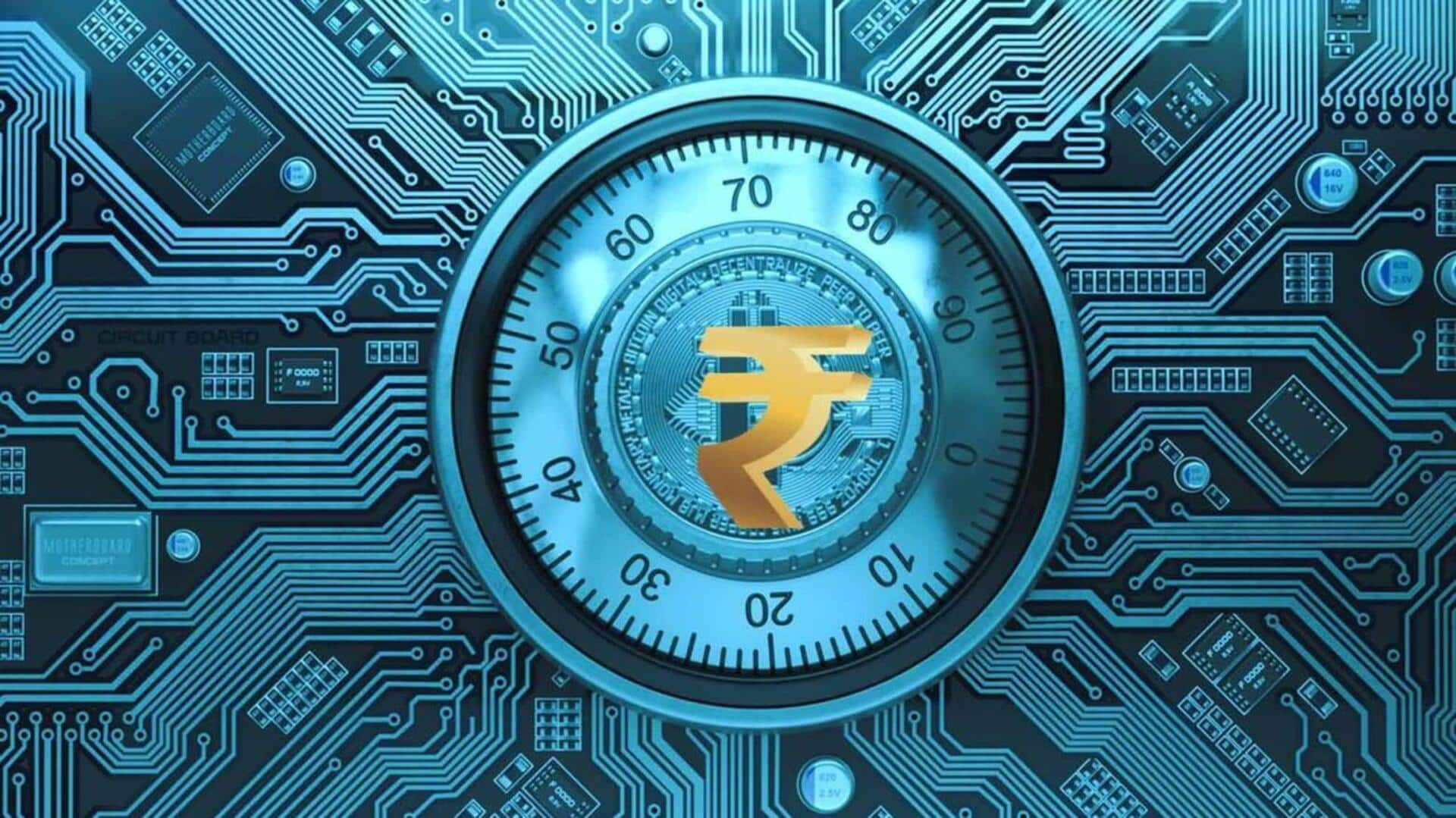
India's Digital Rupee to soon support offline transactions
What's the story
India's Central Bank Digital Curreny (CBDC), also known as Digital Rupee, will soon support offline transactions so that you can make payments in areas with limited or no internet access, as per the Reserve Bank of India (RBI).
RBI Governor Shaktikanta Das has announced that various offline solutions would be tested in hilly, rural, and urban settings.
The current CBDC-R (retail) pilot allows Person to Person (P2P) and Person to Merchant (P2M) transactions through Digital Rupee wallets from participating banks.
More features for Digital Rupee
Validity period or usage area can be programed into CBDC
RBI aims to expand the Digital Rupee's capabilities by incorporating programmability and offline functionality.
Programmability will enable users, such as government agencies and corporations, to manage payments for specific benefits or expenses, like employee business travel.
Additional features, like setting a validity period or restricting usage to certain geographical areas, can also be programmed into the CBDC.
These new functions will be gradually introduced through pilot programs.
Understanding Digital Rupee
How are CBDCs better than other digital payments?
CBDCs are official digital currencies with the same credibility as that of hard cash.
The payments made via CBDCs or Digital Rupee are final and direct. In simple terms, payment through Digital Rupee is akin to exchanging cash.
Digital payments made through channels like UPI and net banking are transactions of bank balances. These transactions depend on a variety of factors such as bank servers or technical errors.
Benefits of CBDCs
CBDC payments reduce settlement risk within the financial system
As stated by RBI on its website, CBDC payments are final and reduce settlement risk within the financial system.
CBDCs could lead to more efficient and cost-effective payment systems.
RBI explains that it is possible for an Indian importer to pay its American exporter in real time in digital dollars, without the need for an intermediary.
This transaction would be final like cash dollars are handed over, and would not require that US Federal Reserve system is open for settlement.